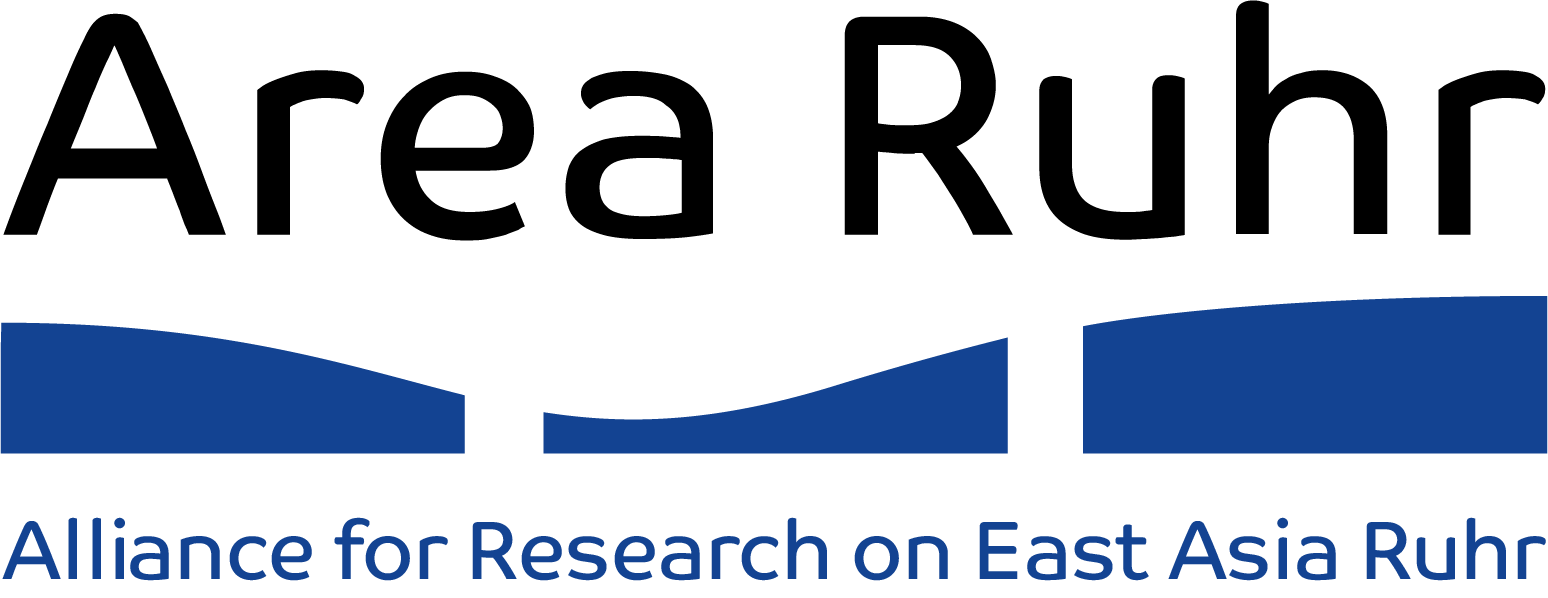James B. Lewis (Korean History (Associate Professor) and Fellow of Wolfson College, University of Oxford)
Aspects of a macro-economic model for Chosŏn Korea: The vicissitudes of a physiocratic state
!ONLINE event!
31 January 2023 12.15-13.45 h
Abstract:
In a public display in the ninth month of 1390, the registers for the tax-exempt, prebendal private and public lands were burned in the streets of Kaesŏng. Although ordered by King Kongyang, Yi Sŏnggye was making a dramatic effort to bring lands back into the national exchequer that had originally been granted as special rights for the life of the holder but had become heritable. The cultivators’ ownership rights were re-asserted, and the taxes that had been taken by powerful courtiers and royals were now to be paid directly to the state. Perhaps more importantly, the cultivators were freed from various additional services to the prebendal holders. The move was somewhat modest, because it did not confiscate privately owned land or nobi and it did not eliminate prebends, but it indicated that the state had charted a course to reassert its claims on production and labor. The struggle over ownership, or rather who held a claim to the production of the land, would continue for the remainder of the dynasty. In the midst of these struggles, a free commoner peasantry would come to retain their own surpluses, and that helped expand commerce from the seventeenth century. The lecture will outline the macroeconomic changes to the physiocratic economy of the Chosŏn period in relation to land use (what was the ratio of paddy to dry fields and why did that matter?), population size and distribution (where did most people live and why?), and agricultural production (what was the assessed value of the land?). It will explore specific questions related to the quality of life (what diseases were epidemic and endemic? how tall were Koreans relative to other people in the world and why does that matter?), commercial expansion (what was the significance of Koreans using double-entry accounting?), and causes for the inflation and deterioration of the economy in the first half of the nineteenth century (was inflation caused by structural changes or merely an expanding money supply?). There is little consensus on the economic history of Chosŏn Korea that offers itself to neat summation, so the lecture will consider contending models and conclude by offering a general model.
Short CV:
James Lewis is the Associate Professor of Korean History, Faculty of Asian and Middle Eastern Studies, University of Oxford, and a Fellow of Wolfson College. Recent books include The East Asian War, 1592-1598 (Routledge, 2015) and Korea’s Premier Collection of Classical Literature: Selections from Sŏ Kŏjŏng’s (1420-1488) Tongmunsŏn (Hawai’i, 2019). In addition, James Lewis has been an international advisory board member of AREA Ruhr for several years and it is therefore a special pleasure for AREA Ruhr that he accepted our invitation to speak.
Online participation
Registration link: https://ruhr-uni-bochum.zoom.us/meeting/register/u50sfuiurToiGtNDlXBRrHYhUFeQd7GPyAe2
Please note that this is a registration link only, after that you will automatically receive information about your participation in the meeting.
